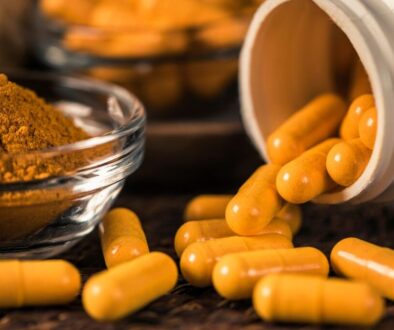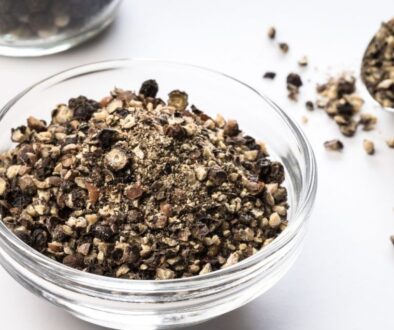Liver Cleanse: Five Easy Drinks That Flush Out Toxins
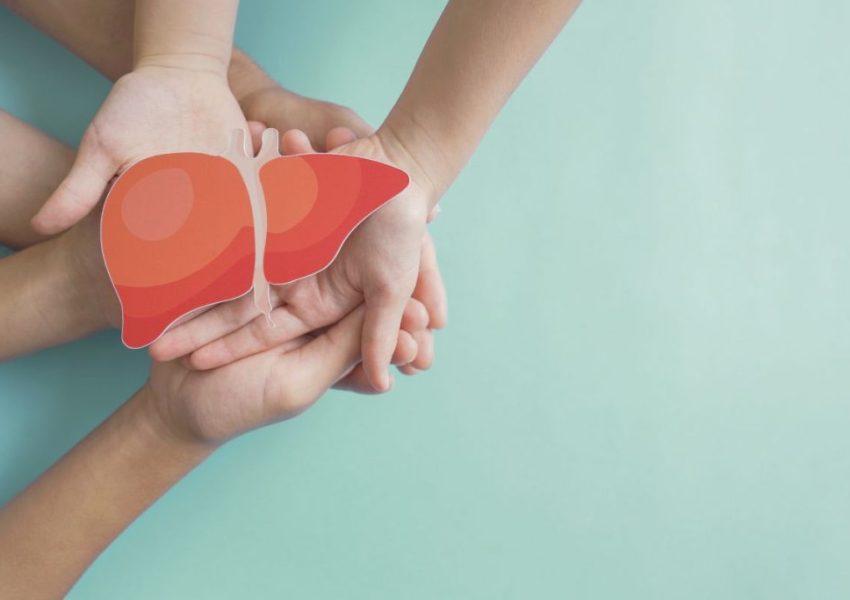
Published December 16, 2024
Did you know your liver is working overtime to keep you healthy? This powerhouse organ detoxifies your body, metabolizes drugs, and secretes bile for digestion. But even superheroes need support! While the liver naturally detoxifies itself, incorporating certain foods and beverages can boost it. Are you doing enough to help your liver thrive?
In this article, we’ll explore the concept of a liver cleanse and highlight several liver detox drinks that can enhance your liver’s detoxification process.
What Is A Liver Cleanse?
A liver cleanse involves consuming specific foods and beverages that help remove toxins and fat from the liver. This process usually involves drinking more fluids and eating antioxidant-rich fruits and vegetables.
The liver is good at self-cleaning. However, too many toxins from processed foods, alcohol, and pollutants can impair its function. A cleanse or liver detox helps support your liver. It reduces its burden and promotes better health. Regular liver cleanses may improve digestion, boost energy, and enhance skin health.
Recommended Beverages For Liver Detox
Detoxifying your liver is vital for overall health and well-being. Incorporating certain beverages into your diet can support this vital organ’s functions and enhance its natural cleansing processes. Here are some recommended liver detox drinks to help you achieve a healthier liver.
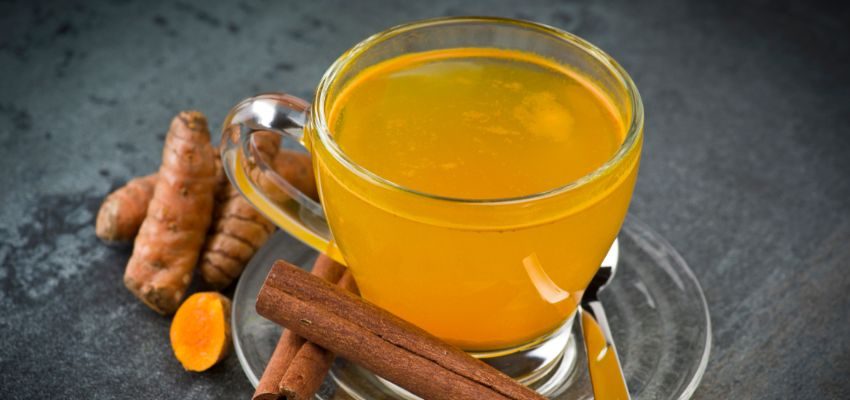
1. Turmeric Tea
Turmeric tea is renowned for its potent anti-inflammatory properties. Regular consumption can reduce inflammation and protect your liver. Additionally, the curcumin in turmeric has been shown to increase the production of bile—a digestive fluid that helps in the emulsification of fats, thus aiding digestion. Adding a small amount of black pepper to your turmeric tea can enhance the absorption of curcumin, making the tea even more effective.
2. Lemon Water
Lemon water is a straightforward yet powerful drink for a liver cleanse. Lemons are teeming with antioxidants and vitamin C, aiding in purging toxins from your blood. Drinking warm lemon water can stimulate digestion and circulation, enhancing detoxification. Consuming lemon water first thing in the morning can also help kickstart your metabolism and refresh your day.
3. Ginger And Lemon Drink
Combining ginger with lemon elevates the detox benefits. Ginger has anti-inflammatory properties and helps boost metabolism, relieve bloating, and prevent illness. This drink supports digestion, circulation, and sweating, aiding in detox. Ginger’s warming properties soothe the digestive system, making it especially beneficial after a heavy meal. Adding lemon adds a zesty flavor, and its high vitamin C content further boosts the immune system.
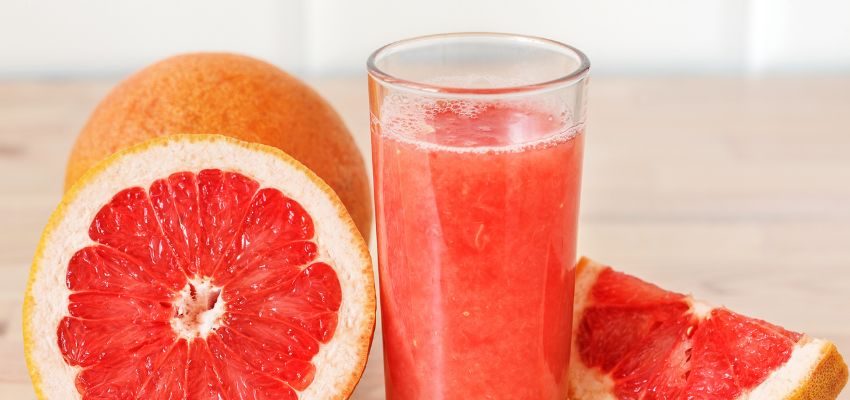
4. Grapefruit Juice
Grapefruit juice is another excellent choice for liver detox. It contains two primary antioxidants—naringin and naringenin. These reduce inflammation and protect liver cells. They also help reduce fat buildup in the liver and increase enzymes that burn fat. This makes grapefruit juice beneficial for combating non-alcoholic fatty liver disease.
Additionally, grapefruit juice is rich in vitamins A and C. It has a high water content, helping you stay hydrated and supporting overall liver function. Regular consumption can also aid in appetite control and weight management.
5. Green Tea
Green tea contains antioxidants that help reduce overall fat content and combat oxidative stress. Research indicates that green tea can reduce symptoms of non-alcoholic fatty liver disease, making it a valuable addition to any liver cleanse regimen.
Green tea also consists of catechins, which have been shown to boost liver function and reduce inflammation. Regular consumption can also aid in weight loss and improve brain function. Its moderate caffeine content and L-theanine provide a calming effect.

Nurture Your Liver With These Cleansing Drinks
Incorporating these liver detox drinks into your daily routine can boost your liver’s detoxification capabilities, helping keep it healthy and functional. Remember, these drinks support liver health. However, following a balanced diet and a healthy lifestyle is crucial for overall well-being. Start adding these drinks for a good liver cleanse and take a step toward a healthier you!
Unlock the Power of Turmeric With AMVital Products
Experience the transformative effects of AMVital’s meticulously formulated turmeric-infused products. Indulge in the luxurious goodness of our expertly crafted skincare and haircare range. Harness the incredible natural benefits of this golden spice and discover the remarkable power of turmeric. Explore our shop now and unlock radiant, healthier-looking skin and hair. Visit our shop to experience AMVital’s finest turmeric products.

This Content Has Been Reviewed For Factual Accuracy
The information presented here has been meticulously checked by our internal experts. To learn more about our rigorous editorial process, you can click here.

About The Author
I’m Corinne Grace, a passionate writer for AMVital.com. I create articles based on sound scientific evidence to help you make healthy decisions. As a nurse, I’ve been on the front lines, seeing the critical importance of accurate information.
